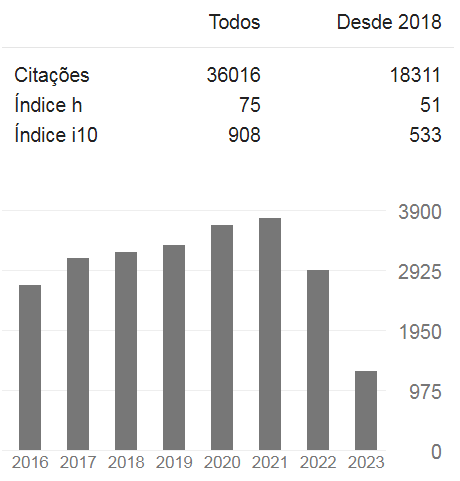Case management as a working strategy for community psychiatric nursing
DOI:
https://doi.org/10.35699/reme.v10i1.50793Keywords:
Psychiatric Nursing, Mental Health, Mental Disorders, Mentally Ill PersonsAbstract
The World Health Organization forecasts that the global morbidity percentage due to mental and behavioral disorders will rise from 12% in 1999 to 15% in 2020. Social and economic repercussions and production losses as a result of high unemployment rates among persons with mental disorders and their caregivers are some of the most evident and measurable costs of this forecast. Less evident costs include reduced quality of life and the emotional tension suffered by patients and families. Case management is opposed to the traditional psychiatric hospital and appears as a mental health care alternative that has revealed its viability and possibility in some countries and is based on preparing mental patients as responsible for their own care and maintaining them in the community, in contact with the service, but not dependent on it; developing relations with their peers without the constant need for intervention. The general aim of this study was to present an experience report and analysis of case management involving 20 psychiatric patients during a six-month period, identifying the steps and some nursing care indicators with the use of this care strategy and thus evaluating the viability of case management in mental health nursing practice. Further developments of this study include offering psychiatric nurses from practice and teaching a repertoire of possibilities for working with mental patients which expand their autonomy, as this is also part of care actions.Downloads
Published
2006-01-01
Issue
Section
Revisao Teorica
How to Cite
1.
Case management as a working strategy for community psychiatric nursing. REME Rev Min Enferm. [Internet]. 2006 Jan. 1 [cited 2025 Apr. 24];10(1). Available from: https://periodicos-des.cecom.ufmg.br/index.php/reme/article/view/50793






































